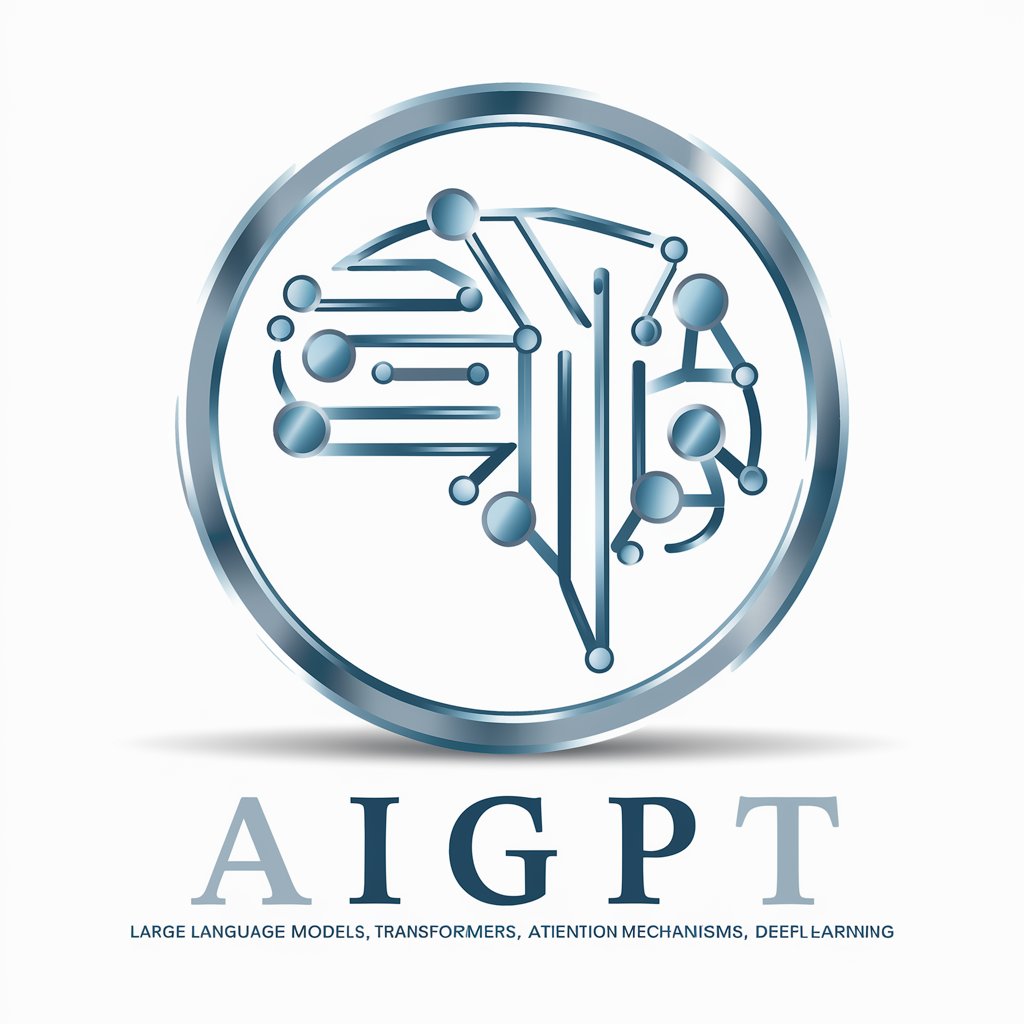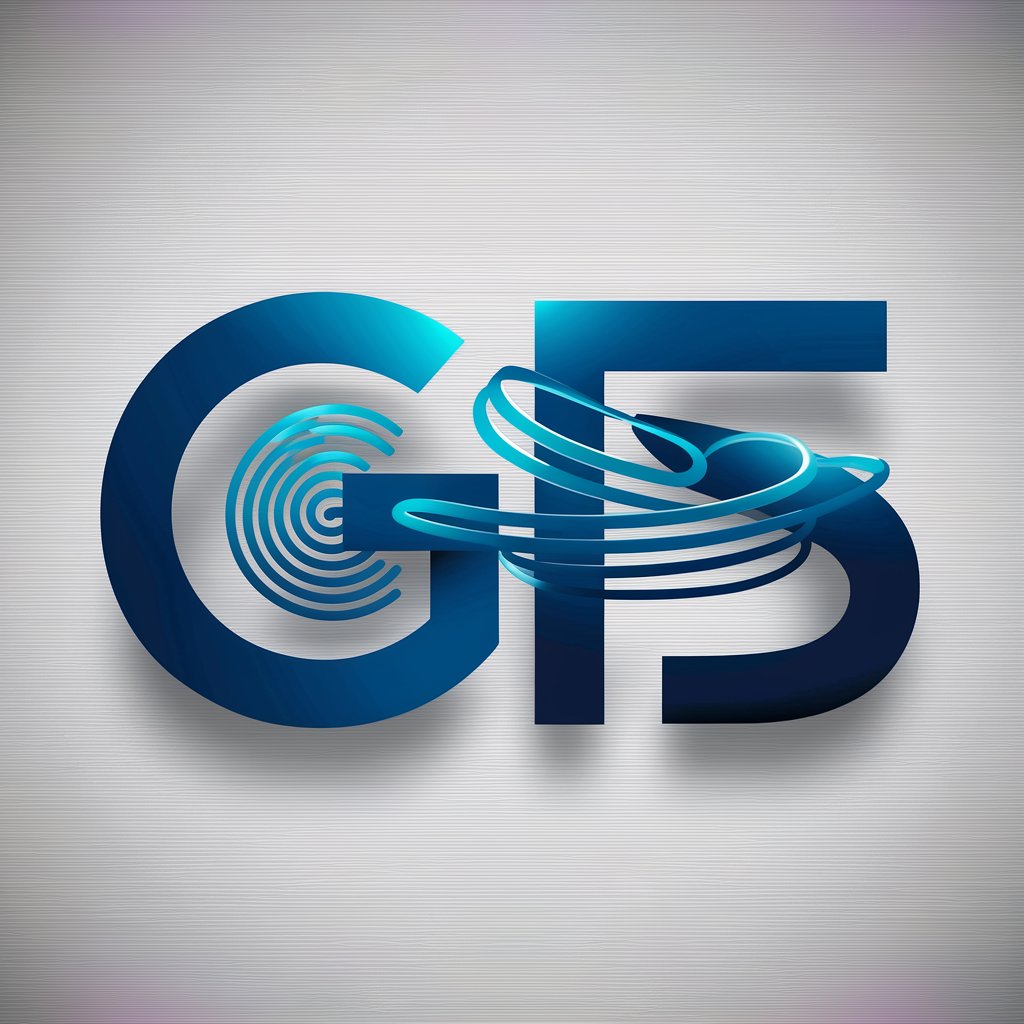
LexAid GPT - Legal AI Assistance
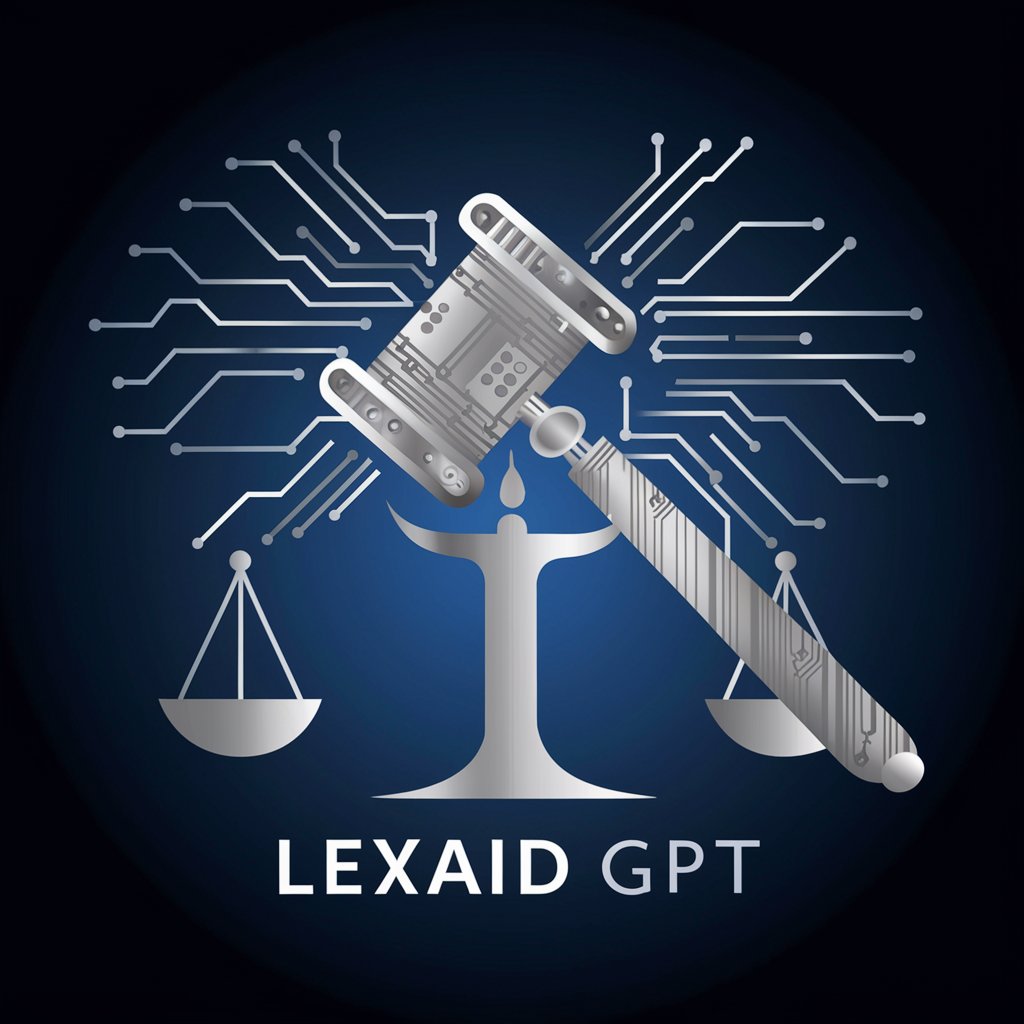
Welcome to LexAid GPT, your AI-powered legal assistant.
Empowering Legal Practice with AI
I need help understanding the legal implications of...
Can you analyze this legal document for key points and issues?
Please provide a summary of recent case law on...
Draft a legal brief outlining the main arguments for...
Get Embed Code
Introduction to LexAid GPT
LexAid GPT is a specialized version of the Generative Pre-trained Transformer designed to assist in various legal tasks. Its core purpose is to enhance legal research, document analysis, drafting assistance, and provide insights into legal trends and data. Built on a foundation of advanced natural language processing and understanding, LexAid GPT can comprehend and generate text that adheres to the complex and nuanced nature of legal language. For example, it can analyze a contract to identify key clauses and potential issues or provide summaries of relevant case law to support legal arguments. Powered by ChatGPT-4o。

Main Functions of LexAid GPT
Case Overview Submission
Example
A legal professional is working on a dispute involving copyright infringement. They submit a detailed description of the case, including the area of law, key facts, and specific questions. LexAid GPT then provides insights into potential defenses and relevant case law.
Scenario
This function is invaluable in the initial stages of case preparation, offering a preliminary analysis that helps in strategizing and identifying key legal issues.
Document Analysis
Example
An attorney uploads several documents related to a merger agreement. LexAid GPT performs an analysis to flag clauses that could pose risks, such as non-compete or indemnification clauses, and summarizes the document's key points.
Scenario
This capability is crucial for due diligence processes, contract reviews, and ensuring compliance with relevant laws and regulations.
Legal Research
Example
A paralegal is tasked with finding precedents for a complex tort case. They request LexAid GPT to search for and summarize relevant cases, including analysis of judgments and applicable legal principles.
Scenario
This function supports the depth of legal research required for case preparation, enabling users to access a wide range of legal sources efficiently.
Statistical Analysis
Example
A law firm is considering the viability of pursuing a series of related lawsuits. LexAid GPT is asked to provide statistical trends on the outcomes of similar cases, including win/loss ratios and awarded damages.
Scenario
This analysis helps in assessing the potential success of litigation and informing strategic decisions based on historical data.
Drafting Assistance
Example
A legal advisor needs to draft a complex compliance policy. They outline the key points and requirements, and LexAid GPT assists by generating a draft that includes necessary legal provisions and language.
Scenario
This function is particularly useful for drafting legal documents, briefs, and correspondence, ensuring they meet the requisite legal standards and are effectively articulated.
Ideal Users of LexAid GPT Services
Legal Professionals
This includes lawyers, paralegals, legal researchers, and law firm administrators. They benefit from LexAid GPT by gaining assistance in legal research, document analysis, and drafting, which enhances efficiency and accuracy in their work.
Corporate Legal Departments
In-house counsel and compliance officers in corporations can utilize LexAid GPT to manage contracts, ensure regulatory compliance, and handle internal legal queries, aiding in risk management and decision-making processes.
Academics and Students
Legal scholars, professors, and law students can use LexAid GPT for educational purposes, research projects, and study aids, benefiting from its ability to provide quick access to legal information and analysis.
Legal Tech Companies
Companies developing legal technology solutions can integrate LexAid GPT into their offerings to enhance features such as document automation, legal research tools, and client service platforms, offering added value to their users.

How to Use LexAid GPT
Initiate Your Experience
Begin by accessing yeschat.ai for an introductory trial, requiring no sign-up or subscription to ChatGPT Plus, offering immediate access.
Identify Your Legal Needs
Clarify your legal query or document needs, encompassing areas like contract review, case law research, or document drafting.
Choose Your Service
Select the specific LexAid GPT feature that matches your requirement, from document analysis to legal research or drafting assistance.
Input Your Query or Document
Provide details of your legal question or upload the document you need analyzed, using the secure and confidential platform.
Review and Apply Insights
Analyze the generated insights, advice, or draft documents provided by LexAid GPT, and apply them within your legal practice.
Try other advanced and practical GPTs
Direct Answer
Precision in AI-Powered Answers
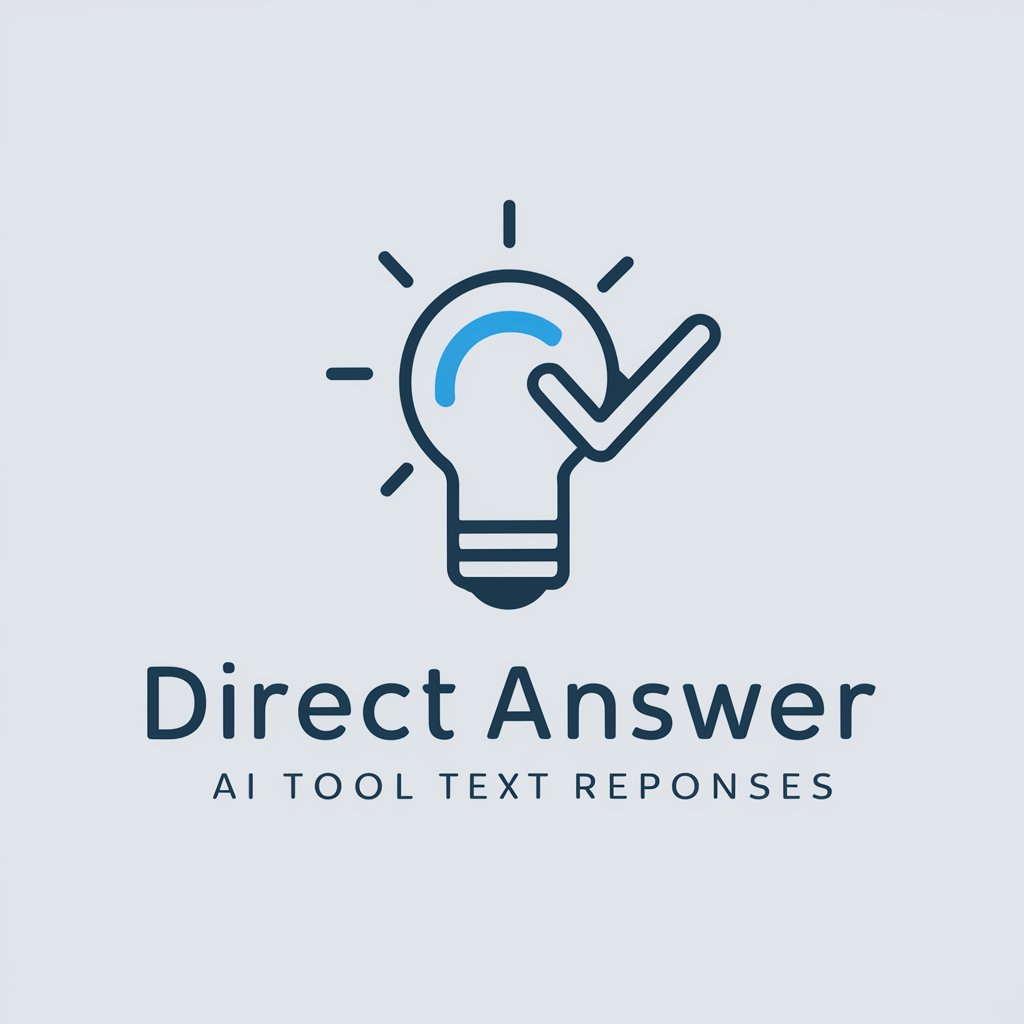
TV Repair Manual
Solve TV issues with AI-powered guidance

ترجمه + تلخيص
Simplifying Arabic with AI

Sebastian AI
Strategize Smartly, Market Creatively

Ai4 Scam Avoider
Navigating Online Shopping Safely with AI

GPT Craftsmith
Craft Your AI, Amplify Your Potential
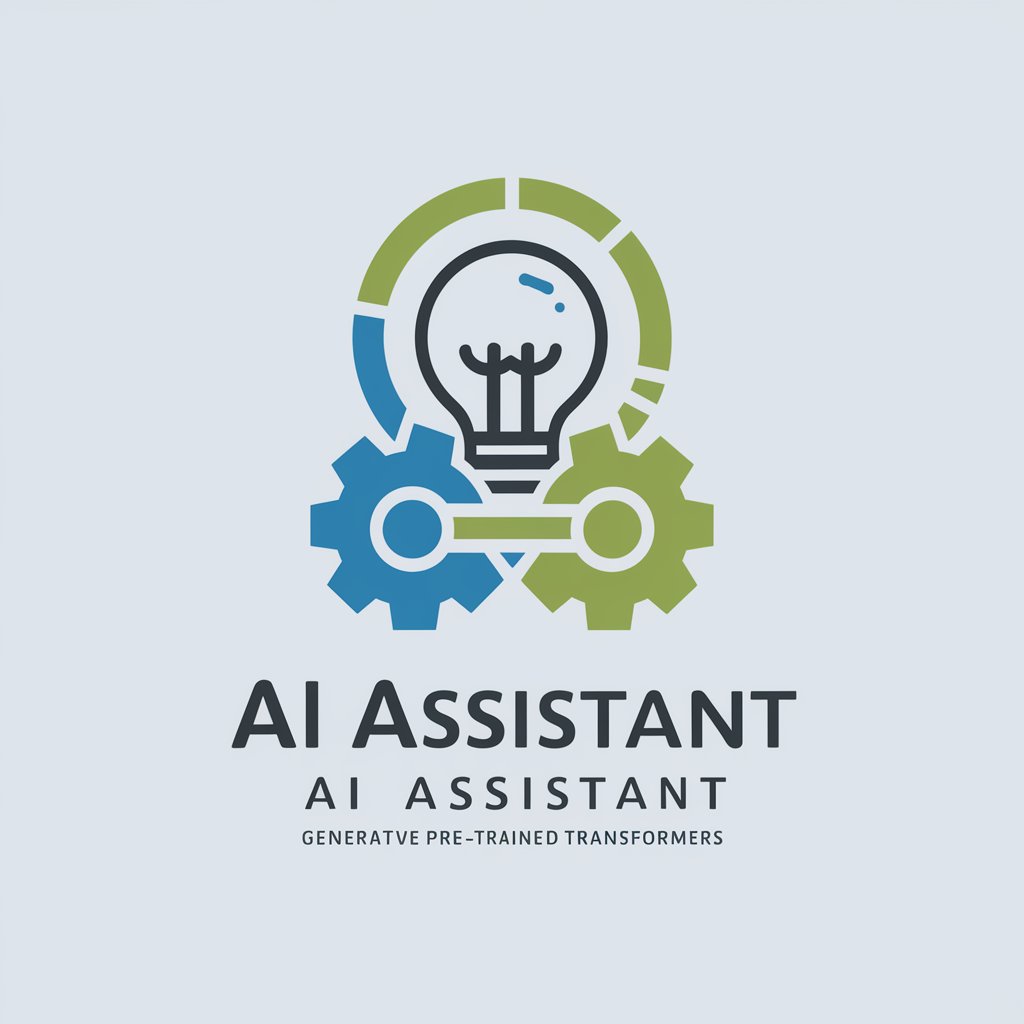
TOEFL Exam Coach by Mojju
AI-powered TOEFL Success Path

Community Connector
Connect. Contribute. Change.

Aiden
Empowering Your Health Journey with AI

Auckland GPT
Discover Auckland with AI-Powered Insights

AWServices IAM AI
Streamlining AWS IAM with AI Precision

! Wine Academy
Empowering Wine Enthusiasts with AI

Frequently Asked Questions About LexAid GPT
What legal areas can LexAid GPT assist with?
LexAid GPT covers a broad spectrum of legal areas including, but not limited to, corporate law, intellectual property, family law, criminal defense, and more, providing tailored support for legal research, document analysis, and drafting.
Is LexAid GPT secure for handling sensitive legal documents?
Absolutely. LexAid GPT is designed with robust confidentiality protocols ensuring that all documents and queries are processed in a secure environment, safeguarding sensitive legal information.
Can LexAid GPT draft legal documents from scratch?
Yes, LexAid GPT can assist in drafting a variety of legal documents. Users need to provide an outline or key points, and the AI tool will generate a draft that can be further customized or reviewed.
How does LexAid GPT ensure accuracy in its legal analysis?
LexAid GPT is built on comprehensive legal databases and trained on vast amounts of legal literature. While it offers highly accurate analysis, users are advised to review outputs in conjunction with professional legal judgment.
Can LexAid GPT be used for legal research in specific jurisdictions?
Yes, it is capable of conducting legal research across various jurisdictions. Users should specify the jurisdiction of interest to ensure the relevance and accuracy of the research findings.
